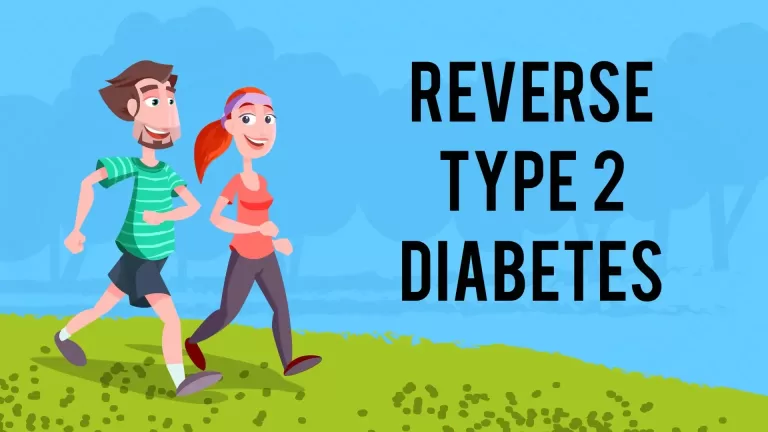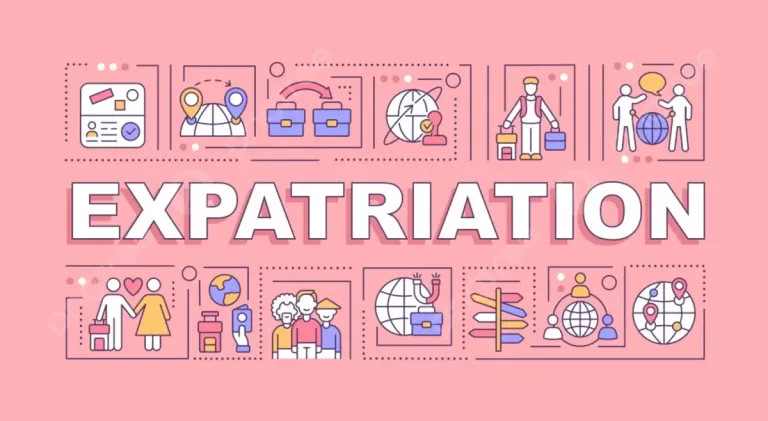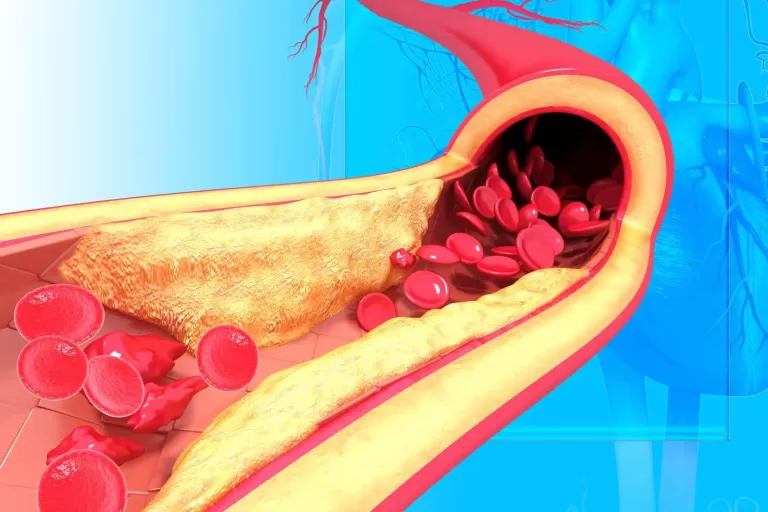
The bitter truth about Sugar
This page may contain affiliate links. If you choose to purchase after clicking a link, I may receive a commission at no extra cost to you.
How Sugar impacts health. How to eliminate it; and the benefits of Cutting Back.
Introduction
Sugar is ubiquitous in our modern diet. From soft drinks to sauces, baked goods to salad dressings, sugar is everywhere, often hiding in foods we don’t even consider sweet. For many, it’s an unavoidable part of daily life, thanks to clever marketing, aggressive food industry practices, and a general lack of awareness about its harmful effects. But while sugar may taste sweet, its impact on our bodies and overall health is anything but.
In this article, we’ll explore the detrimental effects of sugar on human health, the challenges associated with sugar addiction, and why eliminating or significantly reducing sugar from your diet can improve every facet of your well-being—from weight loss to better cardiovascular health, to improved longevity. We’ll also shed light on hidden sugars in processed foods and the misleading labels that advertise products as “sugar-free” or “healthy.”
What Is Sugar and Why Is It Harmful?
Sugar, in its simplest form, is a carbohydrate found naturally in many foods, such as fruits and vegetables. Naturally occurring sugars, when consumed in their whole food form, are part of a healthy diet because they come packaged with fiber, vitamins, and minerals. The issue arises when sugar is isolated and refined, becoming an additive in foods and beverages, especially in the form of sucrose (table sugar) or high fructose corn syrup (HFCS).
The average person consumes far more sugar than is recommended. The American Heart Association (AHA) suggests limiting added sugar to no more than 6 teaspoons (25 grams) per day for women and 9 teaspoons (37.5 grams) for men. However, many people consume well over double these amounts, often without realizing it. Excessive sugar consumption is linked to a wide range of health problems, including:
- Obesity
- Diabetes (Type 2)
- Heart disease
- Tooth decay
- Fatty liver disease
- Chronic inflammation
- Cognitive decline
Each of these conditions has a direct correlation with sugar consumption, and the science behind why sugar is so harmful is becoming increasingly clear.
Sugar and Its Impact on Health
1. Sugar Addiction: How Sugar Hijacks the Brain
The concept of sugar addiction is not an exaggeration. Research has shown that sugar activates the same reward pathways in the brain as addictive drugs like cocaine. When you consume sugar, your brain releases dopamine—a neurotransmitter that plays a significant role in the pleasure and reward centers of the brain.
This dopamine release creates a temporary high, leading to cravings for more sugar. Over time, this can create a dependency, where your brain demands increasing amounts of sugar to achieve the same effect. This addiction-like response is why many people find it so difficult to quit sugar.
2. Obesity and Weight Gain
Sugar is calorie-dense but nutritionally empty. Sugary foods and beverages are often high in calories but low in essential nutrients, leading to weight gain without providing any health benefits. Moreover, consuming high amounts of fructose (a component of sugar) has been shown to increase fat accumulation, particularly visceral fat—the dangerous fat that surrounds internal organs and is linked to an increased risk of metabolic diseases.
Fructose doesn’t trigger the same fullness signals as other foods. Unlike glucose, which stimulates the release of insulin (a hormone that regulates blood sugar levels), fructose does not suppress hunger hormones like ghrelin. This means you can consume a large number of calories from sugar without feeling full, leading to overeating and further weight gain.
3. Diabetes and Insulin Resistance
Perhaps the most well-known consequence of excessive sugar consumption is Type 2 diabetes. High sugar intake causes repeated spikes in blood sugar levels, which forces the pancreas to produce more insulin to bring those levels down. Over time, this constant demand for insulin can lead to insulin resistance, where cells no longer respond effectively to the hormone. This condition often leads to the development of Type 2 diabetes.
Once insulin resistance sets in, it becomes harder for the body to manage blood sugar levels, resulting in consistently high levels that damage tissues and organs. This is why diabetes is a leading cause of heart disease, kidney failure, and nerve damage.
4. Cardiovascular Health
Sugar consumption, particularly from sugary beverages, is closely linked to cardiovascular disease (CVD). Studies have found that a high-sugar diet can raise levels of triglycerides, a type of fat found in the blood. High levels of triglycerides contribute to arterial plaque formation, which narrows and stiffens arteries—a condition known as atherosclerosis.
Atherosclerosis significantly increases the risk of heart attacks, strokes, and other cardiovascular events. Furthermore, high sugar intake is associated with increased blood pressure, another major risk factor for heart disease.
5. Cognitive Decline and Brain Health
Emerging research suggests that sugar can negatively affect brain health, contributing to cognitive decline and conditions like Alzheimer’s disease. High blood sugar levels have been linked to inflammation in the brain, which can impair memory and learning. Some researchers have even dubbed Alzheimer’s as “Type 3 diabetes” due to the role of insulin resistance and high blood sugar in its development.
In children, excessive sugar consumption has been linked to attention-deficit/hyperactivity disorder (ADHD), behavioral problems, and learning difficulties. This is another reason why reducing sugar is crucial for both long-term brain health and immediate mental well-being.
6. The Role of Sugar in Cancer
There is growing evidence that sugar plays a role in the development and progression of cancer. Cancer cells are known to thrive on glucose, and some studies suggest that high blood sugar levels may promote cancer growth by providing cancer cells with the fuel they need to proliferate. While more research is needed to fully understand this link, reducing sugar intake could potentially lower the risk of certain cancers, particularly those linked to obesity, such as breast, liver, and colon cancer.
7. Effects on Longevity
Considering the numerous diseases and health conditions associated with high sugar intake—obesity, diabetes, cardiovascular disease, and cancer—it is no surprise that excess sugar consumption can shorten lifespan. A diet high in sugar contributes to chronic inflammation and oxidative stress, both of which are key drivers of aging and age-related diseases.
By reducing sugar intake, you can significantly lower your risk of chronic diseases, improve your overall quality of life, and potentially add years to your life.
Hidden Sugars and Misleading Labels
One of the major challenges in reducing sugar intake is that sugar is often hidden in processed foods, even in those marketed as “healthy.” This is largely due to the many different names sugar goes by on ingredient lists, such as:
- Dextrose
- Maltose
- High fructose corn syrup
- Cane sugar
- Corn syrup solids
- Evaporated cane juice
- Agave nectar
- Molasses
- Fruit juice concentrates
Many food manufacturers also label products as “sugar-free” when they replace sugar with artificial sweeteners or sugar alcohols, such as aspartame, sucralose, or erythritol. While these substitutes may reduce calorie content, they can still trigger cravings for sweets, perpetuating the cycle of sugar addiction. Some artificial sweeteners may even have adverse effects on metabolism and gut health.
Processed foods like sauces, breads, and cereals are common culprits when it comes to hidden sugars. Even foods marketed as “natural” or “organic” can contain high levels of sugar, making it critical for consumers to carefully read ingredient labels.
How to Eliminate Sugar from Your Diet
Reducing sugar from your diet may seem daunting at first, but with the right strategies, it is entirely possible—and incredibly rewarding. Here are some steps to guide you through the process:
1. Identify Hidden Sugars
Start by learning to recognize the many forms of sugar on food labels. Be wary of any product that lists multiple types of sugars, as these may be an attempt by manufacturers to disguise the true sugar content.
2. Cut Out Sugary Beverages
Sugary drinks are one of the largest contributors to excess sugar consumption. Replace sodas, energy drinks, and sugary coffee beverages with healthier alternatives such as water, herbal teas, or sparkling water with a splash of lemon or lime.
3. Avoid Processed Foods
Processed foods are often loaded with added sugars, preservatives, and unhealthy fats. Focus on whole, unprocessed foods such as fresh vegetables, fruits, whole grains, and lean proteins. Preparing meals at home gives you control over ingredients and helps you avoid hidden sugars.
4. Choose Natural Sweeteners Wisely
If you need a sweet fix, opt for natural sweeteners in moderation. Honey, maple syrup, and stevia are better choices than refined sugar or artificial sweeteners, but they should still be consumed sparingly.
5. Eat More Fiber
Fiber slows the absorption of sugar and helps stabilize blood sugar levels. Include plenty of fiber-rich foods in your diet, such as vegetables, fruits, whole grains, legumes, and nuts.
6. Reduce Portion Sizes of Sweet Treats
If you’re not ready to cut out sugar completely, start by reducing portion sizes of sugary treats. Over time, your cravings for sugar will diminish, and you may find that you no longer need as much to satisfy your sweet tooth.
7. Address Emotional Eating
For many people, sugar cravings are tied to emotional triggers, such as stress, boredom, or sadness. Developing healthy coping mechanisms, such as exercise, meditation, or journaling, can help you manage these emotions without turning to sugar.
The Positive Effects of Reducing Sugar Intake
Once you start reducing your sugar intake, you’ll begin to notice a wide range of benefits, including:
1. Weight Loss
By cutting out sugar-laden snacks and
drinks, you’re automatically reducing your calorie intake. This, combined with the fact that sugar promotes fat storage, means that many people experience significant weight loss after reducing sugar consumption.
2. Increased Energy Levels
Unlike the short-lived energy spikes caused by sugar, a low-sugar diet promotes sustained energy throughout the day. You’ll avoid the energy crashes that often follow a sugar high and feel more focused and productive.
3. Improved Mental Clarity
Lower sugar intake can lead to better concentration, improved mood, and enhanced cognitive function. Many people report that reducing sugar helps them think more clearly and feel less foggy.
4. Better Sleep
Excess sugar can disrupt sleep patterns by affecting blood sugar levels and increasing the production of cortisol, a stress hormone. Reducing sugar intake can lead to more restful, uninterrupted sleep.
5. Improved Skin Health
Sugar contributes to inflammation, which can exacerbate skin conditions like acne, rosacea, and eczema. Many people notice clearer, healthier skin after cutting back on sugar.
6. Lower Risk of Chronic Diseases
By reducing your sugar intake, you’re lowering your risk of developing conditions such as diabetes, heart disease, and cancer. This translates to a longer, healthier life and a better quality of life overall.
Conclusion
The negative impact of sugar on human health is well-documented and undeniable. From promoting obesity and diabetes to increasing the risk of cardiovascular disease and cognitive decline, sugar is a major contributor to many of the most common health issues facing modern society. However, by eliminating or significantly reducing sugar from your diet, you can enjoy numerous health benefits, including weight loss, improved mental clarity, better sleep, and a reduced risk of chronic diseases.
The key to success lies in awareness—understanding how sugar is hidden in processed foods, recognising the signs of sugar addiction, and making conscious choices to prioritise whole, unprocessed foods. While the journey to cutting out sugar may be challenging, the rewards for your health and longevity are worth the effort.








Leave a Comment